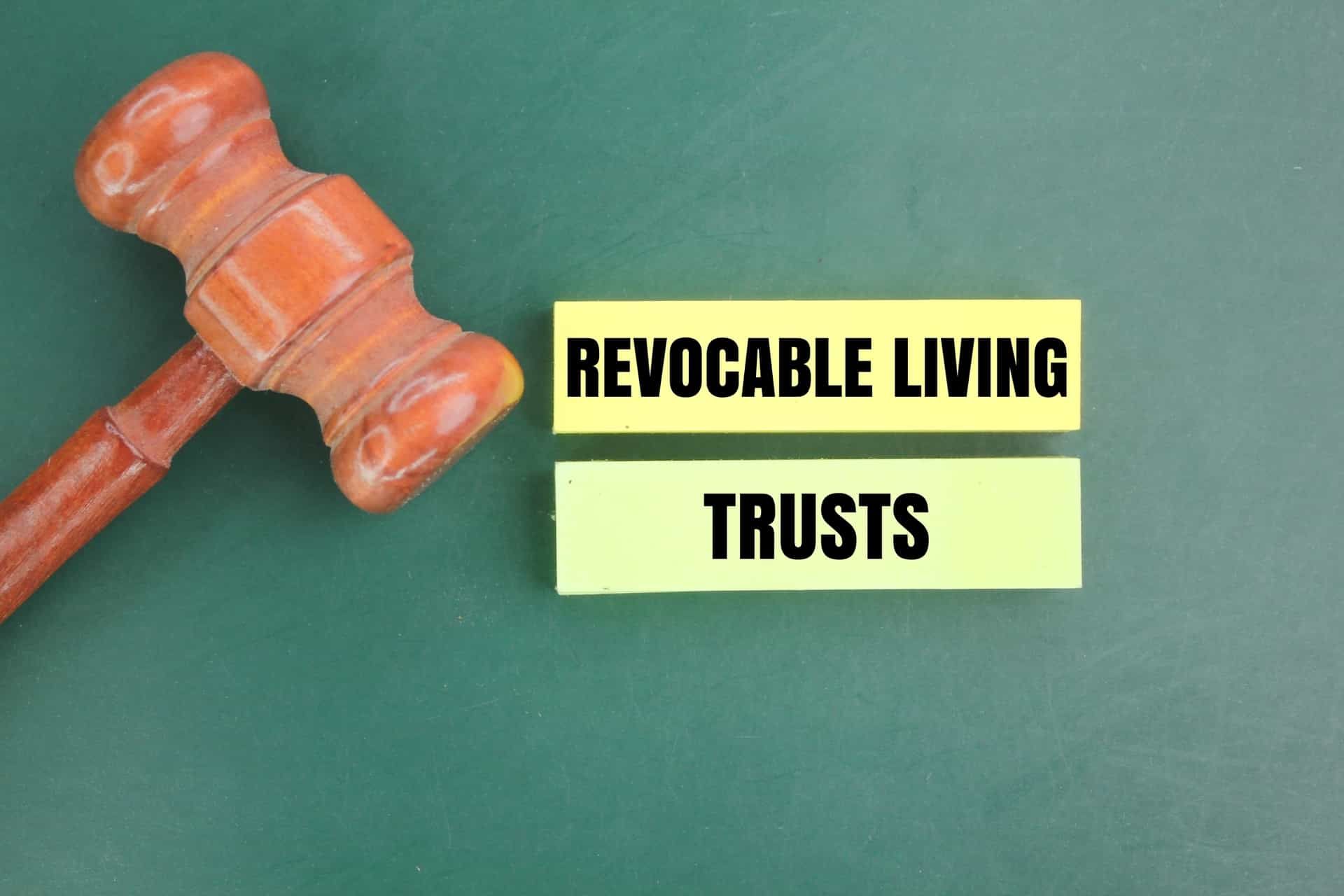Attorneys play a crucial role in efforts for social equity by providing legal expertise and support to individuals and groups looking to exercise their rights. In a society where legal matters often overlap with topics of justice, legal professionals become essential allies for those affected by discrimination, inequality, and structural inequities. They support direct the intricacies of the legal system, empowering marginalized voices and making sure that everyone has access to the rights they are entitled to.
In this article, we will examine the multifaceted roles that attorneys undertake within advocacy for equity. From learning about personal injury law and renter's rights to guiding clients through the court procedures in defending accused individuals, legal professionals provide crucial support in a range of legal specialties. We will also address essential legal tips everyone should know, expectations during your premier legal appointment, and the usual legal mistakes people commit. By https://sortdrama1.werite.net/lawyer-life-hacks-advice-for-dealing-with-schedule-and-stress , you will have a more comprehensive perspective on how lawyers contribute not only to individual cases but also to larger societal change.
Legal Insights for Everyone
Moving through the judicial environment can be intimidating, but everyone should have a basic understanding of their rights and responsibilities. One vital aspect is recognizing when to retain an attorney. Whether you're facing a tort case, a family law issue, or a commercial dispute, recognizing when expert legal assistance is necessary can significantly impact the result of your situation. Attorneys not only provide expertise but also help you maneuver through intricate legal processes.
Additionally important area to reflect on is the most common legal mistakes people make. Numerous individuals attempt to manage legal matters on their own, leading to errors or misinterpretations that could have been prevented with adequate counsel. Understanding what these mistakes are can help you steer clear of pitfalls that might endanger your case. Educating yourself about these blunders can enable you to make informed decisions when legal issues arise.
Moreover, knowledge of your rights can greatly improve your legal standing. For example, knowing your rights during a police stop or as an employee can prepare you for encounters with law enforcement or your boss. Knowledge of these rights can play a key role in safeguarding yourself and ensuring that you receive fair treatment. Connecting with legal resources early on can lead to better outcomes and foster confidence in dealing with legal matters.
Understanding Your Legal Entitlements
Understanding your juridical rights is vital for maneuvering through the complexities of the law. If you are facing a personal injury, facing employment issues, or needing assistance with family law, being aware of your rights empowers you to represent yourself efficiently. For instance, if you are confronted by law enforcement, being aware of your rights, such as the right to remain silent and the right to an attorney, can considerably affect the result of your circumstance.
In employment environments, it is crucial to be informed about what rights you hold as an employee. These rights involve fair treatment, the right to safe working conditions, and protections against discrimination. If you feel that your rights as an employee have been violated, understanding the legal protections available to you can help you take correct action and seek remedy. Consulting with an attorney can explain these rights and guide you on the next steps.
Moreover, in landlord-tenant relationships, being aware of your rights can avert misunderstandings and conflicts. Tenants have specific rights regarding safety, privacy, and habitability. Landlords, on the other hand, have the right to collect rent and maintain their property. Teaching yourself about these rights can help a more peaceful living situation and verify that legal obligations are met on both sides. Engaging hop over to this site who specializes in tenant rights can provide further support and guidance.
Steering Through the Legal Procedure
Comprehending the legal process can be daunting, but maintaining a distinct guideline can help alleviate some of the stress. Regardless of whether you find yourself involved in a litigative lawsuit or considering a family law matter, knowing what to expect can help you handle the complexities. Start by acquainting yourself with key judicial terms and procedures, as this understanding will empower you to engage more efficiently with your attorney and make knowledgeable decisions.
Hiring the appropriate attorney is important for navigating any legal situation efficiently. When seeking representation, consider the specialization that aligns with your particular requirements, be it personal injury, family law, or criminal defense. During your initial consultation, discuss your case details openly, and be ready to pose questions about their background and methodology. This meeting is key, as it sets the foundation for your working relationship and helps you gauge if they understand your goals.
As you progress through the judicial process, maintaining systematic documentation and clear communication with your attorney will be essential. Keep track of all communication, timelines, and notes from meetings. If situations change or new information arises, promptly update your lawyer. Staying proactive and aware will not only help your case but also give you greater peace of mind during what can be a challenging time.

